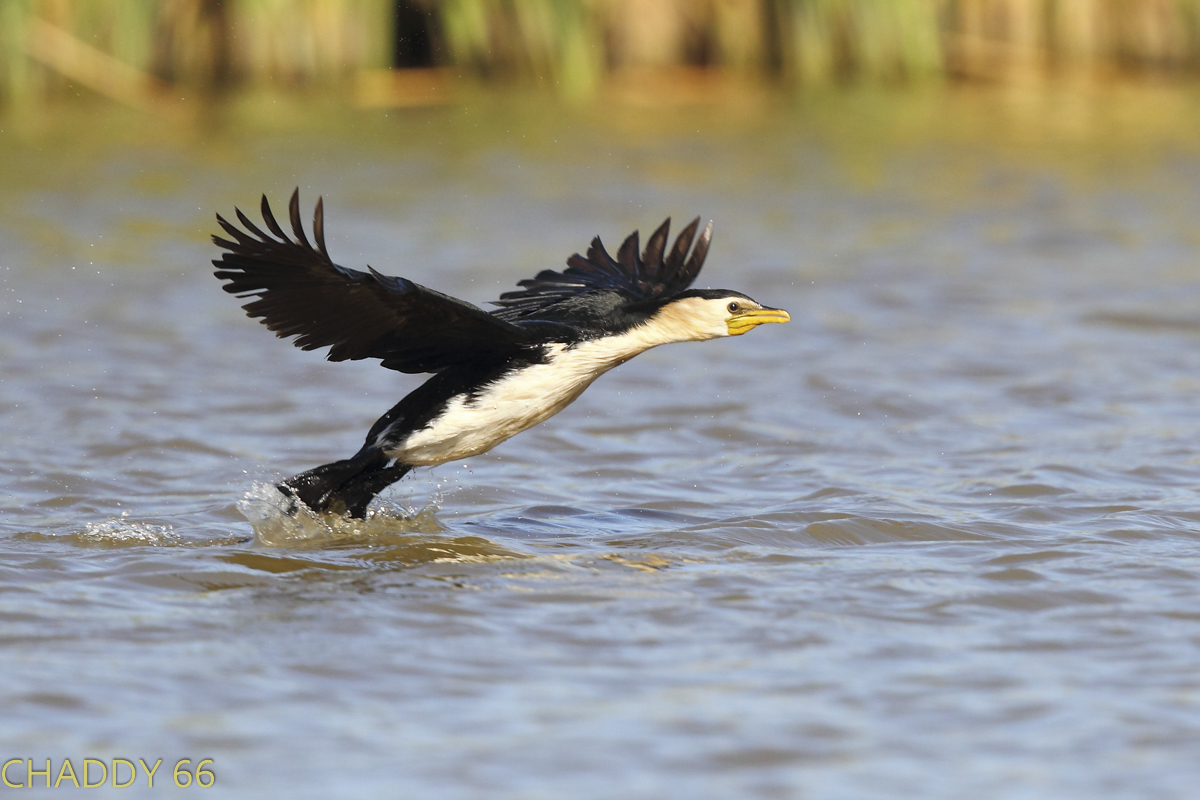First Nations people have an intrinsic and enduring connection to the lands and waters of the Murray–Darling Basin, and this connection has informed their care for Country over millennia. We are building connections with First Nations people to understand how Flow-MER can support First Nations people to care for their Country according to their lore and values.
A Cultural Network has been established for First Nations people working across the Flow-MER Program to connect, share knowledge and influence the Program. The Cultural Network provides expertise and guidance on how First Nation knowledges can improve our monitoring, evaluation and research.
Cultural Network members have recently come together to connect in person across two different events - one in Mildura in early May and one in Armidale in mid June. More than 20 people participated in each meeting, representing projects from across the Basin.
For the Mildura event, Uncle Arthur Kirby opened the gathering at the Barkindji Maraura Elders Environment Team (BMEET) art gallery with a Welcome to Country. This was followed by spending time on Country at Fletcher’s Reserve. Aboriginal artist and Barkindji man Uncle Malcolm King spoke firsthand about the impact of environmental water on his Country, and the positive collaborations formed as part of the lignum monitoring activities.
The northern meeting visited the Gwydir River at Yarrowyck Crossing Reserve. Standing on the banks of the Gwydir River in the upper catchment, the group shared their collective knowledge about the whole Gwydir system, through to the floodplain wetlands and its connection to downstream waterways. They explored what has changed over time and the importance of bringing everyone together to get the best outcomes for Country.
.jpg)
Being together on Country was a great opportunity for mob and program team members to discuss the value of First Nations knowledges and sciences and identify opportunities for the program to support First Nations activities and cultural outcomes.
Geoff Reid, the First Nations MER Lead said “my people have maintained deep relationships with water systems for tens of thousands of years, guided by cultural laws, seasonal knowledge, and lived experience of Country. Our understanding of water flows, catchment connectivity, aquatic biodiversity, and ecological indicators is embedded in story, song, and practice. Integrating this knowledge alongside Western science not only enriches research outcomes but also fosters respectful partnerships, supports self-determination, and ensures that water management reflects the values, rights, and obligations of my people. This was evident in the yarns we had and will assist the CEWH’s Flow-MER program.”




%20flowers-%20(photo%20credit-%20Rebekah%20Grieger).jpg)
%20.jpg)